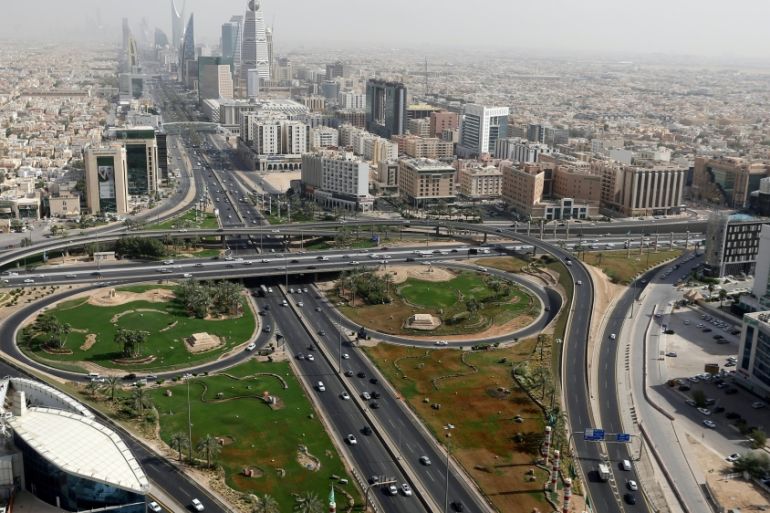Saudi economy shrinks 7% while unemployment hits record high

Saudi Arabia’s economy shrank 7 percent in the second quarter from the same period a year earlier, while unemployment soared to a record high, government figures released on Wednesday showed.
The oil sector of the world’s largest crude exporter shrank 5.3 percent from April through June as it was knocked sideways by the coronavirus pandemic that gutted global crude demand this year.
Keep reading
list of 4 itemsSaudi king denounces Iran’s ‘expansionism’ in fiery UN speech
Exiled Saudi dissidents launch opposition party
Iran hits back at ‘delirious’ Saudi after King Salman’s UN speech
The damage was exacerbated after the kingdom’s de facto leader, Crown Prince Mohammed bin Salman (MBS), initiated an oil price war that saw prices of global benchmark crude crash below $20 a barrel in April.
The kingdom’s non-oil sector – the development of which is key to MBS’s ambitious blueprint for weaning the kingdom off of income from fossil fuels – shrank by 8.2 percent in the second quarter, as lockdown restrictions brought business activity to a halt.
Those restrictions have been rolling back, while a truce among the world’s top producers has lifted the price of global benchmark crude back above $40 a barrel, though they are still nearly 40 percent lower than where they started the year.
And oil prices are far short of the $76.01 a barrel the International Monetary Fund says Saudi Arabia needs to balance its state budget this year.
The kingdom derives roughly 80 percent of its revenues from oil.
Saudi Arabia’s unemployment rate in the second quarter surged to an all-time high of 15.4 percent. Clawing back from that hit will likely be harder, say, analysts, thanks to the budget squeeze that constricts government spending, and austerity measures, including a tripling of value-added tax (VAT) from 5 percent to 15 percent.
That belt-tightening hits less well-off Saudi households disproportionately by gobbling up a bigger slice of their disposable incomes. And when after-tax incomes shrink, people spend less – which can act as a drag on the economic recovery.
“Even though containment measures have started to be lifted, the imposition of harsh fiscal austerity in recent months means that the recovery will be weak,” Capital Economics senior emerging markets economist Jason Tuvey wrote in a note to clients on Wednesday.
The IMF expects the Saudi economy to contract 6.8 percent this year and bounce back to 3.1 percent growth in 2021.